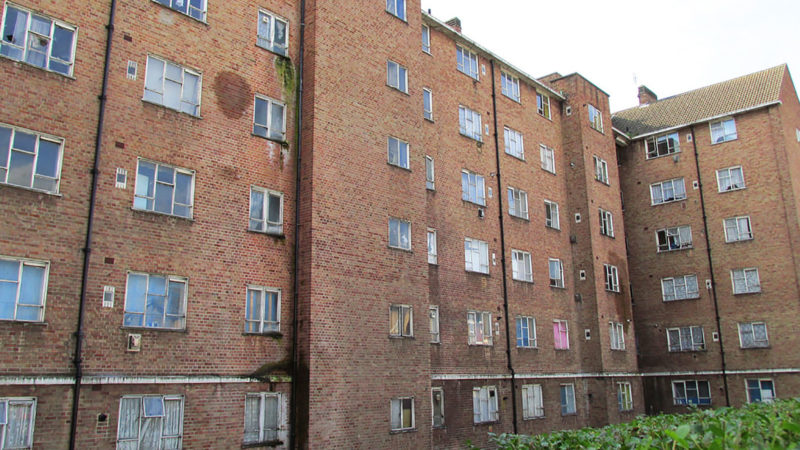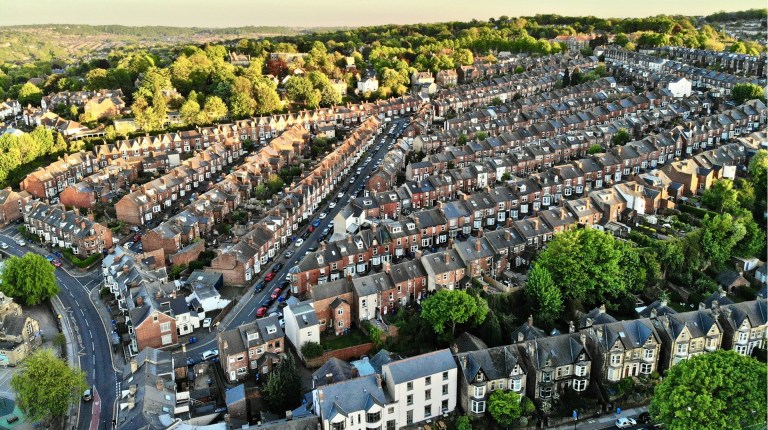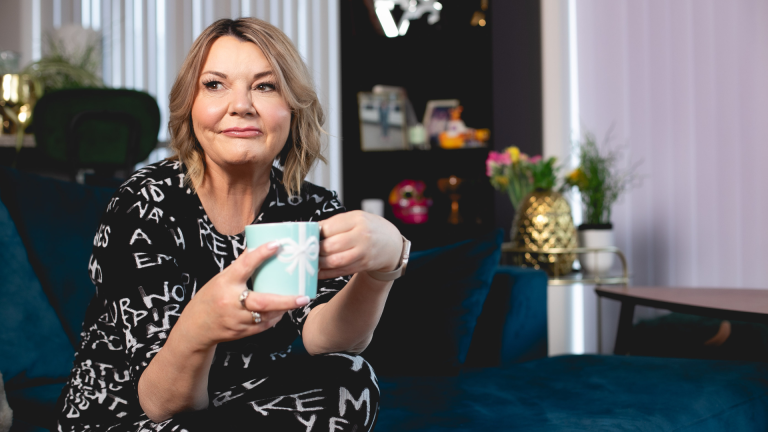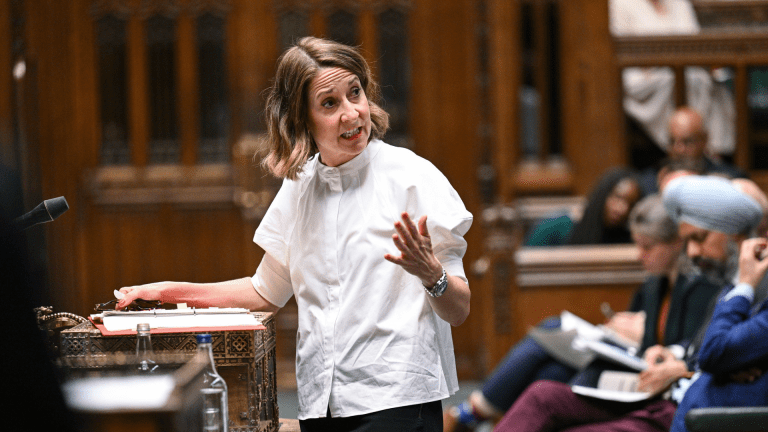Housing that helped socialise people and helped people build a better life for themselves?
The problem with the idea of ‘social housing’ is that it is socially one-dimensional. It contains the people in deep need. At times it will mix in other people but mainly it is given to people who are struggling.
But what if you had sociable housing that mixed up society? That did not recognise the division between the rescuers and the rescued? That it was poor thinking to look upon people as needy and others as un-needy.
But what if you had sociable housing that mixed up society?
Sociable housing would be just that: a collapsing of the ‘them and us’, and the tendency by many to see those in need as another species. A new, refreshing mix of old and young, prosperous and struggling, galvanising people into getting out of poverty. Rather than ghettoising, as has been the tendency of many local authorities, putting people into a kind of social exclusion zone because of their hardships.
Of course this sounds like ‘a pile of old ballocks,’ if you think that just putting the comfortable with the uncomfortable will do the trick. But it would be a start to getting away from the zoning that goes on today. Where the poor are administered to at arm’s length, outside of polite society. Where they are ghettoised because you’ve given up on them.
I never lived in a slum or a council estate that was not zoned and kippered and sorted. And that was many decades ago. A similar zoning went on in prisons and correctional institutions. We all seemed to be the same kind of people coming from the same social circumstances, slum or council house dwellers with big families and violence surrounding our lives.
Advertising helps fund Big Issue’s mission to end poverty
Zoning creates zoned-out people. A monoculture out of which it is hard to climb. And often it starts with where you live, where you go to school, and what you do with your free time.
No, I may have come up with something with this ‘sociable’ housing as opposed to ‘social housing’. But one thing I am convinced of is the need and opportunity that comes from modular housing. That is, prefabricated housing that can on occasions be put onsite in a matter of days, not months or years. Some of the fine housing that is coming out of the prefabricated world of building is an eye-opener to tackling our current and future needs.
One thing I am convinced of is the need and opportunity that comes from modular housing
Imagine a new sociable mix where you did not exaggerate people’s problems by zoning them out, and into estates that harmed any of their aspirations and the aspirations of their children.
And knocked up between Monday and Friday on land the local authority, or the NHS, or the Ministry of Defence, or the police, or all the other social landowners in the land could not sell to developers for more outrageously priced private housing.
I do hope The Big Issue team love their day in parliament. It’s a token, just a token, but it’s also a recognition of all the work that goes into making The Big Issue the big issue it is.
As for the Oral Question, it will change very little. But it will raise in the mind of parliament, and government, that more and more thinking needs to go into preventing the preventable poverty that stalks our lives and ruins it for many of us. For one person’s poverty is another person’s dilemma.
Advertising helps fund Big Issue’s mission to end poverty
In the end, we all have a need and a desire to be ‘sociable’. Going for a walk by yourself does not release those chemicals into your brain and body that happens by going for a walk with others. Those repairing chemicals that thrive and increase on us being sociable.
Why not build housing that recognises our sociable needs?











